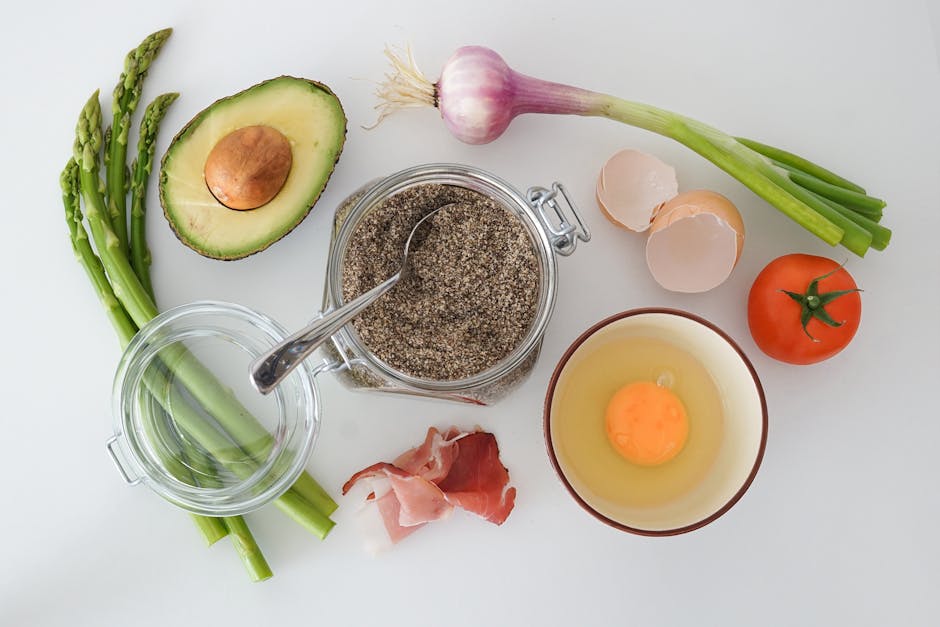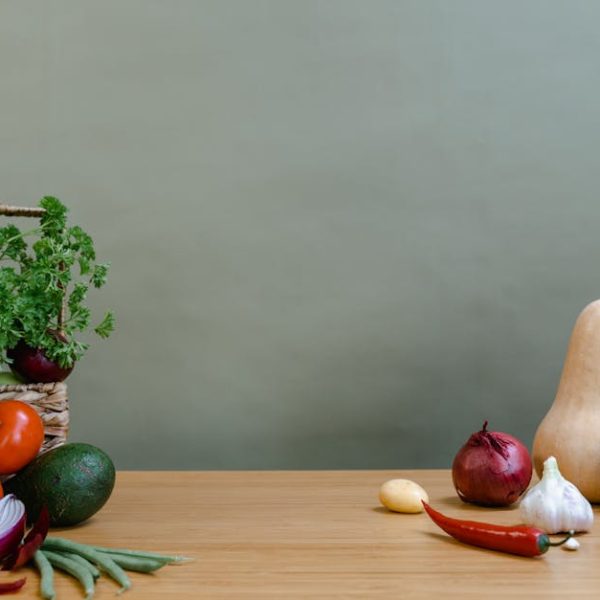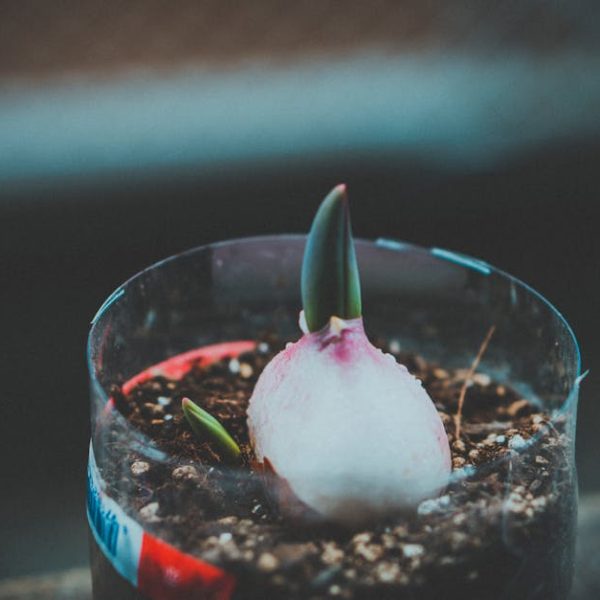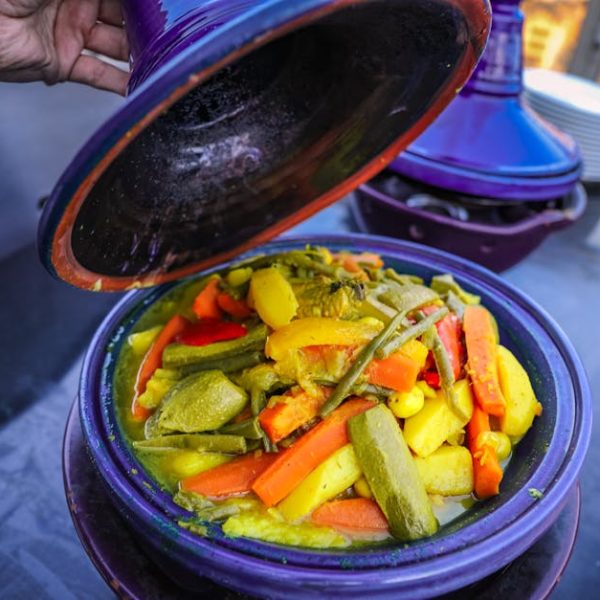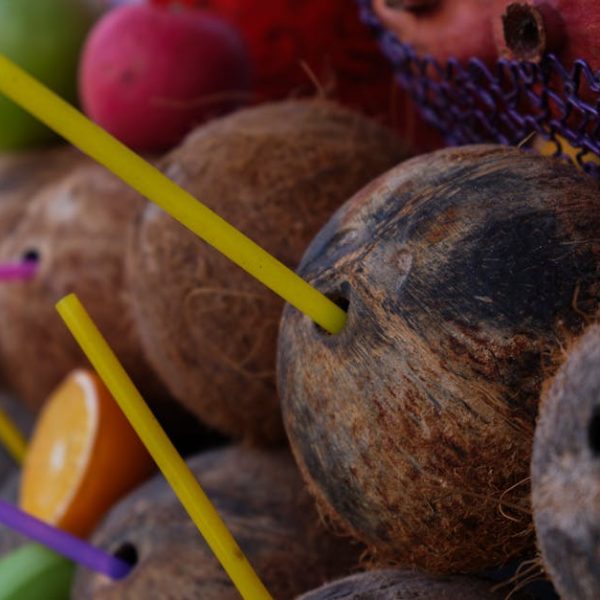Garlic is a magical little bulb that not only adds rich flavor to dishes, but also packs a punch of health benefits. Thus, keeping freshly purchased or garden harvested garlic at its peak until it’s time to use is beneficial. Thankfully, preserving garlic’s freshness and enticing flavor can be done efficiently with a few simple and easy methods.
Storing Whole Garlic Bulbs
Whole bulbs are arguably the easiest form of garlic to store, especially during winter when humidity levels are low. The key to effective storage is managing variables like temperature, humidity, and light exposure.
Here’s a handy guide to storing whole garlic bulbs:
- Keep the bulbs in a wire basket, paper bag or mesh bag to ensure good air circulation. Avoid plastic bags which can create moisture and accelerate sprouting.
- Store the garlic bulbs at room temperature, around 60-70 degrees Fahrenheit.
- Protect the bulbs from direct sunlight as it can overheat and spoil them.
Pro Tip: The pantry is an ideal place to store whole garlic, as it typically meets all the above conditions.
Refrigerating Peeled Garlic Cloves
For those who prefer the convenience of having garlic ready to use, peeled cloves are the way to go. However, they require a bit more care while storing.
Do:
- Store peeled garlic cloves in a small, airtight container to keep them fresh.
- Use them within a week.
Don’t:
- Leave the cloves exposed to air as they will dry out.
Checklist for Garlicky Goodness:
- A refrigerator
- An airtight container or a resealable plastic bag
- Fresh garlic cloves
Freezing Fresh Garlic
Freezing not only allows garlic to be stored for a longer time but also makes it easier to grate. Nevertheless, this can alter the texture and flavor of the garlic.
Let’s compare freezing and refrigerating:
| Freezing | Refrigerating |
|---|---|
| Can store for longer times | Stores only for short periods |
| Makes it easy to grate | Can alter flavor if not stored correctly |
Steps to Freeze:
- Peel the cloves, leave them whole, and freeze on a baking sheet.
- Once frozen, transfer the cloves to a freezer bag. They generally remain good for up to a year.
Drying and Grinding Garlic into Powder
If you fancy a hands-on approach and enjoy DIY kitchen projects, then turning fresh cloves into garlic powder might pique your interest. Not only does it improve the shelf life, but also it helps to keep the garlic flavor on hand for all kinds of dishes.
DIY checklist:
- Fresh garlic cloves
- A dehydrator or an oven
- A grinder or a food processor
Pro Tip: To maintain the essence of homemade garlic powder, store it in a cool, dark place in an airtight container. Ensure it is kept away from heat and light to preserve its flavor.
Storing Garlic in Oil
Preserving garlic in oil can create a delicious ingredient for various dishes. The garlic-infused oil introduces a subtle flavor to your cooking and is excellent for sautéing vegetables or adding to pasta. However, improper storage of garlic in oil can lead to the growth of deadly bacteria called botulism, so it’s necessary to take precautions.
Step-by-Step Process:
- Peel and crush fresh garlic cloves.
- Combine the garlic with olive oil in a saucepan, and heat the mixture to cooking temperature of about 200 degrees Fahrenheit.
- Allow it to cool down and store it in the refrigerator. Always use it within two weeks.
Caution: Never store garlic in oil at room temperature, as this can result in botulism poisoning.
Preserving Garlic in Vinegar
Pickling garlic in vinegar adds a unique punch to your culinary creations while also prolonging its shelf life. The vinegar pickling process changes the texture and taste of the garlic but brings a tangy flavor profile to the table.
Required Items:
- Clean Glass Jar
- Garlic Cloves
- Vinegar
Pro Tip: Apple cider vinegar and white vinegar are most commonly used for pickling garlic. Pickled garlic can be used in salads, sandwiches, or even eaten plain!
Storing Roasted Garlic
Roasted garlic adds a whole new depth of flavor to any dish! Preservation methods are similar to raw garlic, utilizing your refrigerator and freezer. Roasted garlic should be stored in the refrigerator in a clean and dry airtight container and should last for 2 days to a week. Alternatively, it can be frozen for up to 3 months.
| Raw Garlic | Roasted Garlic |
|---|---|
| Can be stored for a few weeks at room temperature | Must be refrigerated or frozen; lasts for a few days to a week in the refrigerator |
| Typically ready for immediate use | May require thawing if frozen |
Best Practices for Storing Roasted Garlic:
- Refrigerate in an airtight container to prevent drying out.
- If planning to freeze, divide into individual cloves for easy use later.
Proper storage of garlic can extend its freshness and usability, allowing you to enjoy its health benefits and unique flavor for much longer. Choose the method that works best for you and your culinary needs. Happy storing!
Key Takeaway:
- Storing whole garlic bulbs is easiest during low-humidity seasons like winter.
- Peeled garlic cloves are conveniently ready for use but require careful storage.
- Both frozen and refrigerated garlic have their own pros and cons.
- Another effective method of storage is transforming fresh cloves into garlic powder.
- Garlic can also be stored in oil, providing a delightful flavor to dishes if stored properly.
- Pickling garlic in vinegar not only lengthens its shelf life but also gives a tangy twist to recipes.
- Roasted garlic, though requires refrigeration or freezing, adds enriching flavors to dishes.
By choosing the storage method that suits your lifestyle and needs, you can readily enjoy the numerous health benefits of garlic. Experiment with the different methods to discover the best way for you!
FAQs
Q: What will happen if garlic is not stored properly?
A: Improper storage of garlic can lead to it either sprouting, becoming soft, or oxidizing too quickly. These situations make the garlic less pleasant to use in cooking.
Q: Can I freeze whole garlic bulbs?
A: It’s not recommended to freeze whole garlic bulbs, as the freezing process can significantly alter their texture and flavor. It’s better to peel and freeze individual cloves.
Q: Can I store garlic in oil at room temperature?
A: No, it is hazardous to store garlic in oil at room temperature. This environment can encourage the growth of bacteria called Clostridium botulinum, leading to deadly botulism poisoning.
Q: How should I store my homemade garlic powder?
A: For the best quality, you should store your homemade garlic powder in a cool, dark place away from light and heat. Using an airtight container will also help preserve its flavors.
Q: Is pickled garlic safe to consume straight from the jar?
A: Yes, pickled garlic is safe and delicious to consume straight from the jar. It also makes a tasty addition to various dishes like salads and sandwiches.
Share this article with others who might find it informative and explore more enlightening posts on our website!
